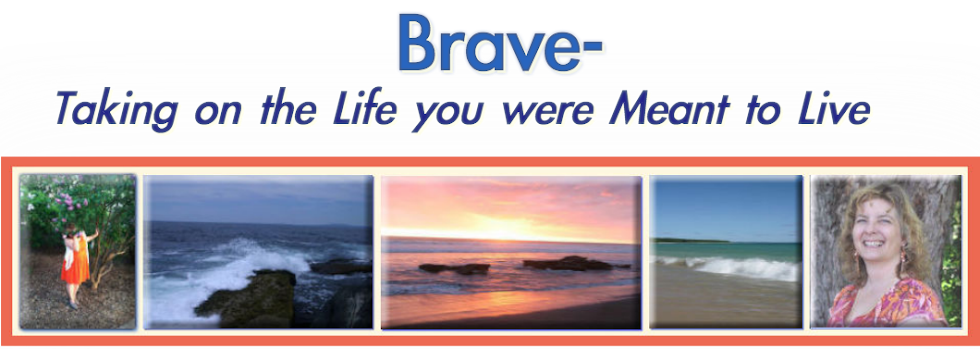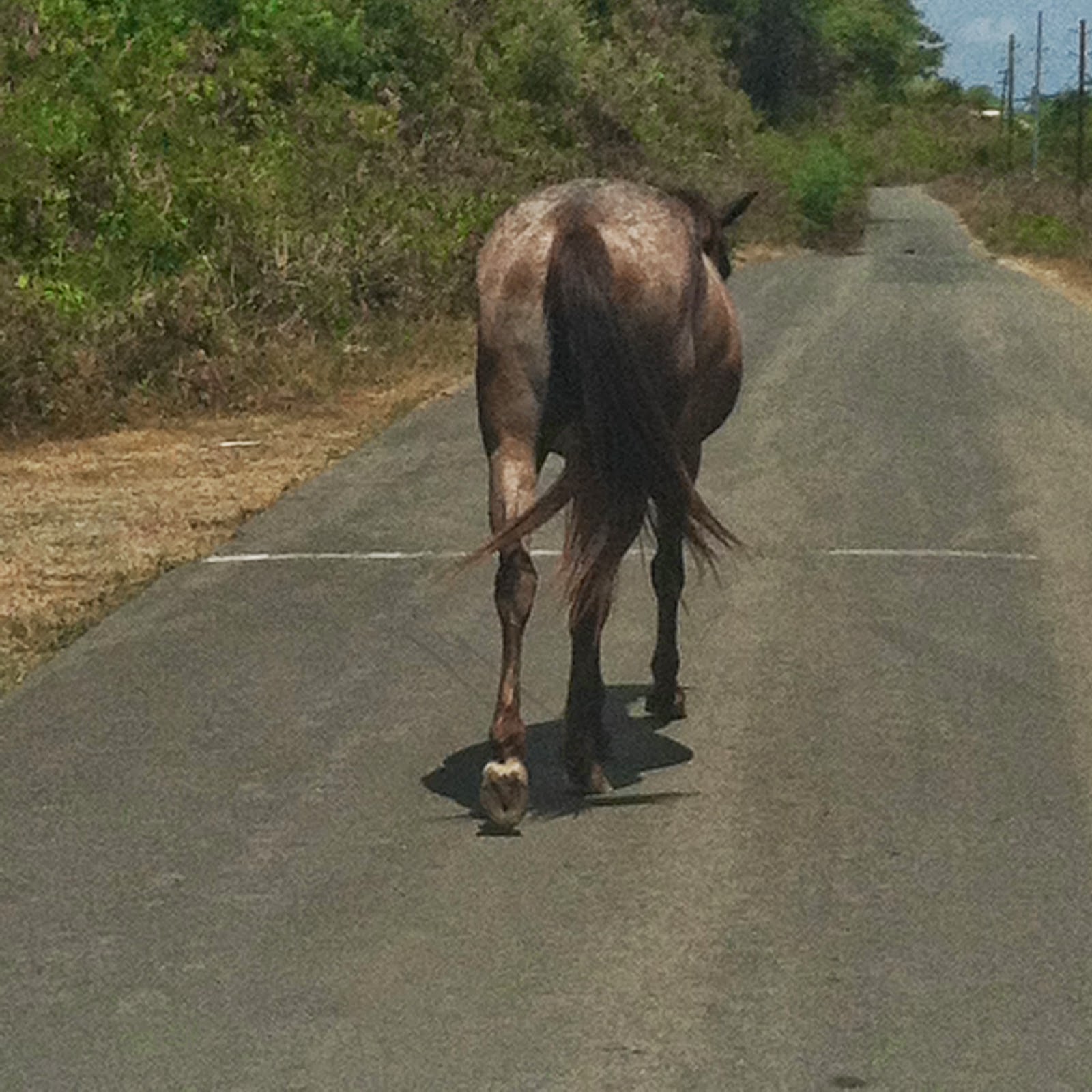"David was the father of Solomon, whose mother had been Uriah’s wife."
(Matthew 1.6)
 Bathsheba,
aka Uriah's wife—the last of the women mentioned in Matthew 1 as
part of Jesus' bloodline. (See the last three weeks for the other women.)
Bathsheba,
aka Uriah's wife—the last of the women mentioned in Matthew 1 as
part of Jesus' bloodline. (See the last three weeks for the other women.)
Lets just say from the beginning, Bathsheba
gets a bad rap. It seems like we can't bring ourselves to say that
King David could commit anything so heinous as he does, though we
have plenty of evidence both in Scripture and in our own lives to
prove that good people can do rotten things in the name of
self-interest.
So often, commentators and scholars dole the blame out
to her, as if bathing on your own house was just asking for the
king's salacious attention. (Times have not changed, in far too many
ways, ladies. Sounds like a familiar argument.)
The
simple fact is, we don't know. We don't know if she was a willing
participant in adultery or if David exercised his kingly privilege to
take any woman he wanted. We don't know if she adored her husband and
mourned his death. We don't know if she had a happy content life or
if she coveted the higher plane she got. We don't know anything.
 Perhaps it's right that she's mentioned in Matthew only as “Uriah's
wife.” She is the beautiful but invisible woman, whose life is
played with and altered by those around her rather than under her own
control.
Perhaps it's right that she's mentioned in Matthew only as “Uriah's
wife.” She is the beautiful but invisible woman, whose life is
played with and altered by those around her rather than under her own
control.
Aren't
there Bathshebas all around us? Girls working in sweat shops as young
as eight? Fourteen-year-olds branded by their pimps as property with
which they do what they please? Wives and girlfriends locked in
abusive relationships because they fear an unknown alternative? If
you don't think so, think again. It's right in front of you, and
you're not seeing it. In the hallowed “Christian” upper class
suburbs around where I live, it's far more common than we want to
believe.
But
what about the lesser slaveries? Girls who believe their bodies have
to look like Victoria's Secret posters in order to be wanted? People
who have made so many mistakes they believe there is no road back?
Women who are convinced by various conflicting doctrines of their
culture that they have to be submissive, aggressive, young, working,
stay-at-home, sexually “free,” obedient—anything and everything
but what they feel in their God-gifted souls they were created to be.
We are all slaves of what we choose to listen to. And so many have
lost the ability to hear the message God spoke into their souls when
He created them.
I'm
sure Bathsheba did. The despair she must have felt at the loss of her
life, her husband, and her child must have crushed all belief that
her life would ever be her own.
Of
course, the message of Christmas is that it isn't. It never was. But
when it's given to Christ, it's returned in fuller form that we ever
imagined. The baby born under the star gives us birth as well.
Bathsheba
is included in the list because she had to muster the ability to
begin again. And beginning again is the Christmas specialty. It's
what Jesus came to explode into our lives. The chance, the vision,
the flat-out non-theoretical capability, to start over. From wherever
you are. To have control of your life—just as soon as you turn it
over to the only One who wants to set you free.
The wondrous Gift is giv'n!
So God
imparts to human hearts
The blessings of His heaven.
No ear may
hear His coming,
But in this world of sin,
Where meek souls
will receive Him still,
The dear Christ enters in.
O
holy Child of Bethlehem,
Descend to us, we pray;
Cast out our
sins and enter in, Be born in us today.”
Be
born in us. No matter what our mistakes. Regardless of what has been
done to us. Despite any and all circumstances of our past. Be born in
us, and let us be born again.
Not a cheesy, televangelist born again.
Real, sweat and tears, labor and screaming, born again, away from all
the hell of the past and toward the promise of the future.
It's the promise. It's yours. You just have to ask. Because it's Christmas.




















.JPG)








